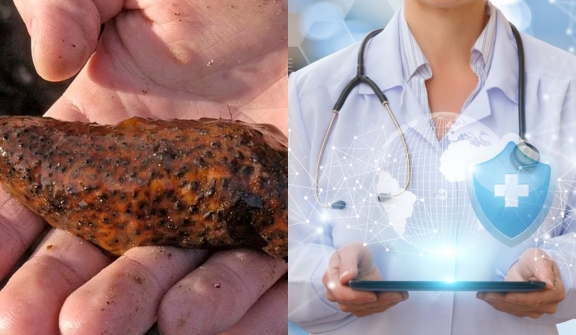
Researchers at the University of the Philippines have identified a species of sea cucumber with compounds that can effectively eliminate human liver cancer cells in laboratory studies.
Additionally, these compounds have shown the ability to stimulate the growth of neurites, aiding in the recovery from brain and spinal cord injuries.
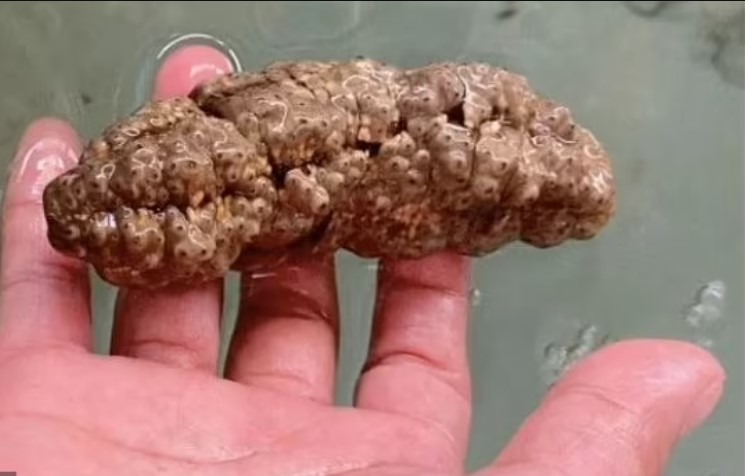
Despite its resemblance to human feces, this lumpy sea cucumber could prove to be a valuable asset in the battle against cancer.
To advance these compounds as potential cancer treatments, scientists must first extract them from sea cucumbers and subject them to rigorous testing.
This process requires evaluating their effects on various subjects, including cells in a controlled environment, laboratory animals, and extracted human cancer tissues.

These crucial steps are necessary to determine the compounds' safety and efficacy before they can be developed into viable treatments for human use.
In a recent study conducted at the University of the Philippines, Diliman, researchers performed a thorough analysis by grinding samples of sea cucumber body walls and digestive system (viscera).
Although sea cucumbers have no limbs, heads, or distinguishable facial features, exhibit fascinating and unique characteristics. At first glance, it can be difficult to discern their mouth from their anus.
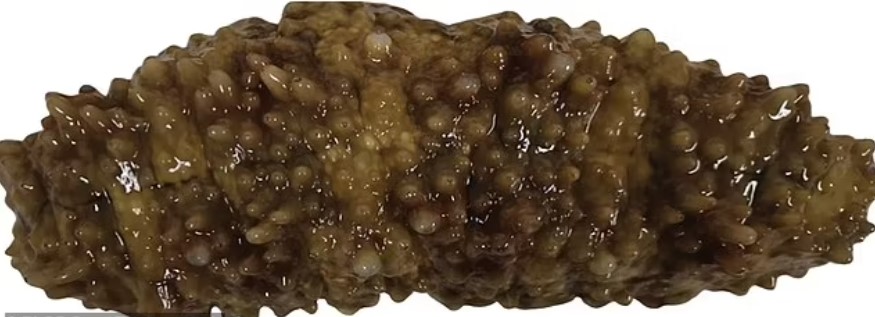
As a defense mechanism against predators, sea cucumbers have the remarkable ability to voluntarily expel their intestines.
Additionally, scientists have made intriguing observations, discovering that sea cucumbers can draw water into their anuses, enabling them to float through the ocean.
During their investigation, the researchers uncovered a diverse array of molecules that hold promise for biomedical research.
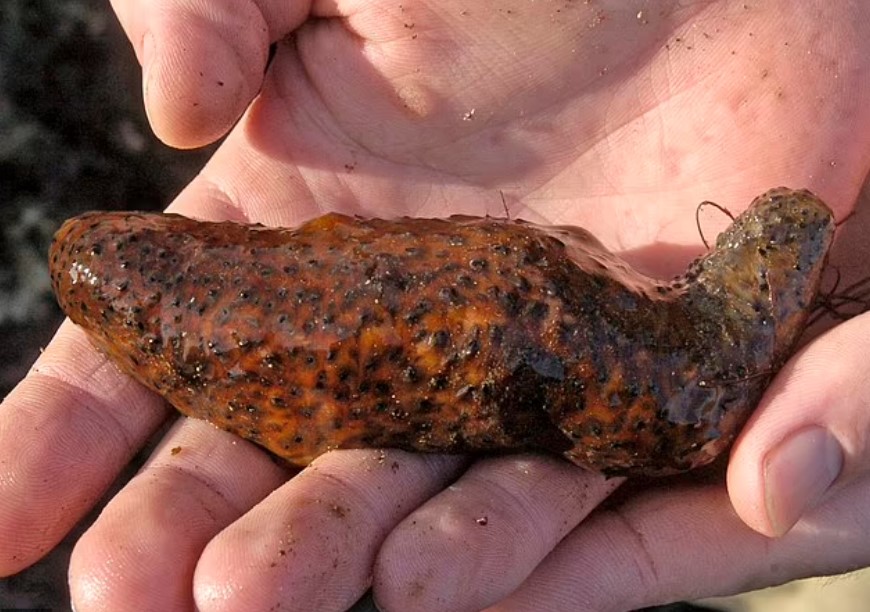
Notably, they identified a group of lipid molecules known as cerebrosides, which were found in both the body wall and viscera of the sea cucumber.
The researchers believe that these cerebrosides may serve as the foundational components of sphingolipids, another type of lipid.
Sphingolipids from other sea cucumber species have shown anti-cancer benefits, killing liver cancer cells in lab tests and promoting neuron growth.
Sea cucumbers have been traditionally consumed in East and Southeast Asia due to their culinary appeal and perceived health advantages.
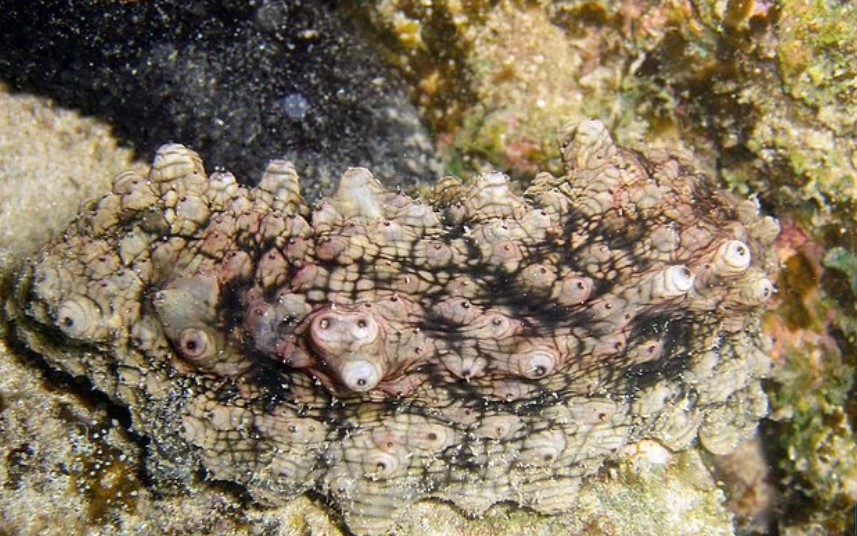
However, with over 1,700 known species of sea cucumbers, only limited studies have examined their individual qualities and potential benefits.
Further research is necessary to determine whether the identified chemicals in sea cucumbers can effectively eliminate cancer cells or promote neurite growth in humans.
Particularly, the body walls of sea cucumbers have piqued the curiosity of many skin care studies.
Sea cucumbers may squeeze themselves into small areas or defend themselves by stiffening up because their body wall is made of collagen known as "catch" collagen, which can be made to tighten or loosen at a whim.
Because of this characteristic, sea cucumbers are a well-liked source of collagen and other ingredients for skin care products.




